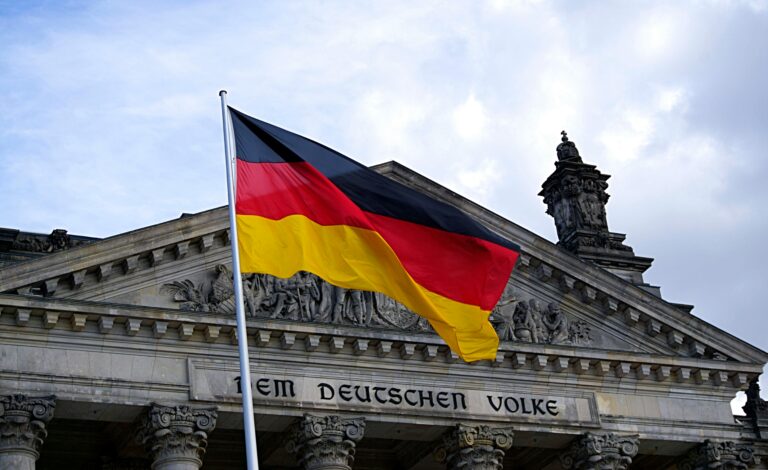Germany, with its rich and intricate history, has witnessed a plethora of historical events over the centuries that have shaped the cultural and political development of the country.
Let’s embark on a journey through the significant moments of German history and explore the historical backgrounds.
1. The Holy Roman Empire (800-1806): Germany’s history is closely intertwined with the Holy Roman Empire, founded by Charlemagne in 800.
For many centuries, it was a central element in the political structure of Europe.
2. The Reformation (16th Century): Martin Luther, a German monk, initiated the Reformation in the 16th century.
This religious transformation had substantial impacts not only on the church but also on the political landscape of Europe.
3. The Thirty Years‘ War (1618-1648): This devastating period of war had profound effects on Germany.
The numerous battles and political changes contributed to reshaping the political map.
4. German Unification (19th Century): The German unification in 1871 under the leadership of Otto von Bismarck led to the establishment of the German Empire.
This marked a turning point in Germany’s history.
5. World War I and II: The two World Wars in the 20th century had devastating effects on Germany and the world.
The First World War led to political upheavals, while the Second World War resulted in massive destruction and ultimately the division of Germany.
6. German Reunification (1990): A remarkable event in recent history was the reunification of Germany in 1990. East and West Germany were reunited, marking a historic moment.
Germany’s history is marked by highs and lows, from cultural peaks to the challenges of wars.
Today, this rich past is reflected in the cultural diversity and political stability of the country.
The willingness to learn from history shapes modern German society and its global perspective.




